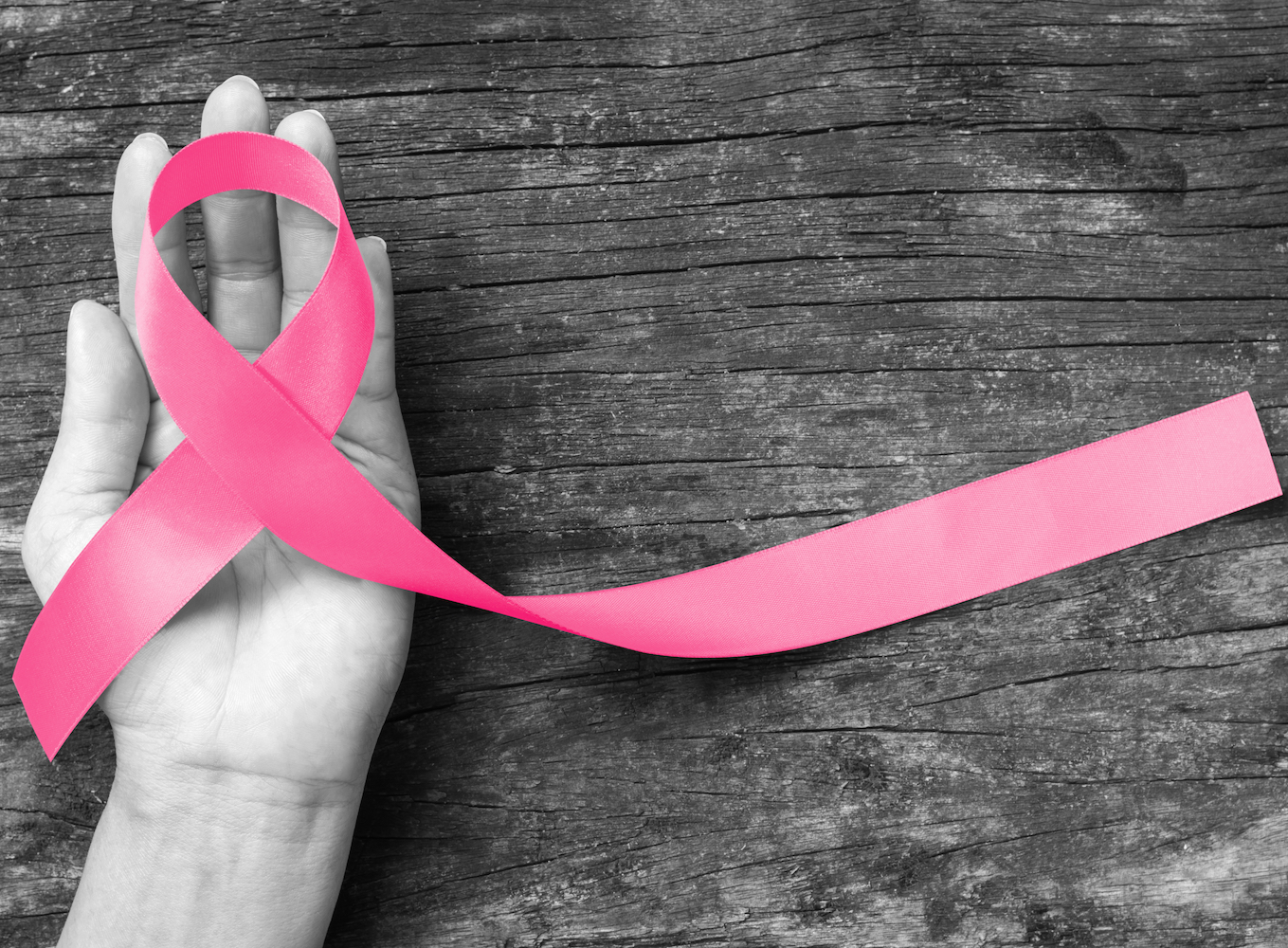Higher Levels of Vitamin D Reduce Breast Cancer Risk by 80%: Study

TORONTO, Ont (June 21, 2018) – A study of 5,038 women (age 55+) in a pooled cohort of two randomized controlled trials and a prospective cohort has found that women with vitamin D blood levels of ≥150 nmol/L, which is over three times the level recommended by Health Canada for bone health (50 nmol/L), have an 80% lower risk of breast cancer. The study was published June 15th in the peer reviewed open access scientific journal PLOS ONE from researchers at the University of California San Diego, Creighton University, Medical University of South Carolina and GrassrootsHealth a U.S based nonprofit. The study concluded “Higher 25(OH)D concentrations were associated with a dose-response decrease in breast cancer risk with concentrations ≥150 nmol/L being most protective.”
The 2018 Canadian Cancer Statistics, estimates that approximately 26,500 new cases of breast cancer and 5,000 related deaths will occur in Canada this year. Breast cancer is the number 1 ranked cancer for women. Based on this new research study a large portion of these cases could be prevented through women achieving vitamin D, 25(OH)D blood levels of ≥150 nmol/L.
This study along with others re-opens the debate on what the optimal vitamin D blood level should be for people’s overall health. Health Canada bases their recommendations on the 2010 report from the Institute of Medicine now the National Academy of Medicine who determined vitamin D recommendations based on just bone health studies. What we are finding is that bone health requires a lot less vitamin D than preventing serious diseases such as cancer outlined in this chart by GrassrootsHealth.
An expert consensus panel of 48 vitamin D researchers, doctors and scientists developed a D*action plan that recommended an optimal vitamin D target for everyone (all ages) to be between 100-150 nmol/L for overall health for all diseases. Blood levels of 25(OH)D are recommended to be used when evaluating vitamin D status because identical oral doses produce different blood levels in different people.
“We found that participants with blood levels of 25(OH)D that were above 150 nmol/L had one-fifth the risk of breast cancer compared to those with less than 50 nmol/L,” said principal investigator and co-author Cedric F. Garland, DrPH, adjunct professor in the UC San Diego Department of Family Medicine and Public Health.
“Increasing vitamin D blood levels substantially above 50 nmol/L appears to be important for the prevention of breast cancer,” said first author Sharon McDonnell, an epidemiologist and biostatistician for GrassrootsHealth.
To reach 25(OH)D levels of 150 nmol/L, said Garland, would generally require dietary supplements of 4,000 to 6,000 international units (IU) per day, less with the addition of moderate daily sun exposure wearing very minimal clothing (approximately 10-15 minutes per day outdoors at noon). That is 10X the current level recommended by Health Canada for adults of 600 IU/d.
In Canada, according to the latest report from Statistics Canada vitamin D levels continue to fall mainly due to a reduction in sun exposure. Fourteen million or 38% of Canadians do not meet Health Canada’s vitamin D blood level requirements of 50 nmol/L. And nearly all Canadians (93.3%) do not meet the optimal level recommended by the expert consensus panel of 48 vitamin D researchers, doctors and scientists of 100-150 nmol/L.
“We have a vitamin D problem and its getting worse because people are avoiding sun exposure, and the Health Canada guidelines are too low and need to be re-evaluated” says Perry Holman, Executive Director for the Vitamin D Society. “Canadian’s are paying the price with increased risk for cancers and other diseases. This new study on breast cancer highlights how much cancer can be avoided with optimal vitamin D levels.”
About the Vitamin D Society:
The Vitamin D Society is a Canadian non-profit group organized to increase awareness of the many health conditions strongly linked to vitamin D deficiency; encourage people to be proactive in protecting their health and have their vitamin D levels tested annually; and help fund valuable vitamin D research. The Vitamin D Society recommends people achieve and maintain optimal 25(OH)D blood levels between 100 – 150 nmol/L (Can) or 40-60 ng/ml (USA).
To learn more about vitamin D, please visit www.vitamindsociety.org
SmartTan.com news articles regularly report medical and scientific information to keep you abreast of current events related to UV light. This information is not intended to be used by any party to make unwarranted health claims to promote sunbed usage. Indoor tanning businesses are obligated to communicate a fair and balanced message to all clients about your products and services including the potential risks associated with indoor tanning. Contact your Smart Tan representative to find out more about what you can and can’t say in your tanning salon business.
© 2021 International Smart Tan Network. All rights reserved.
